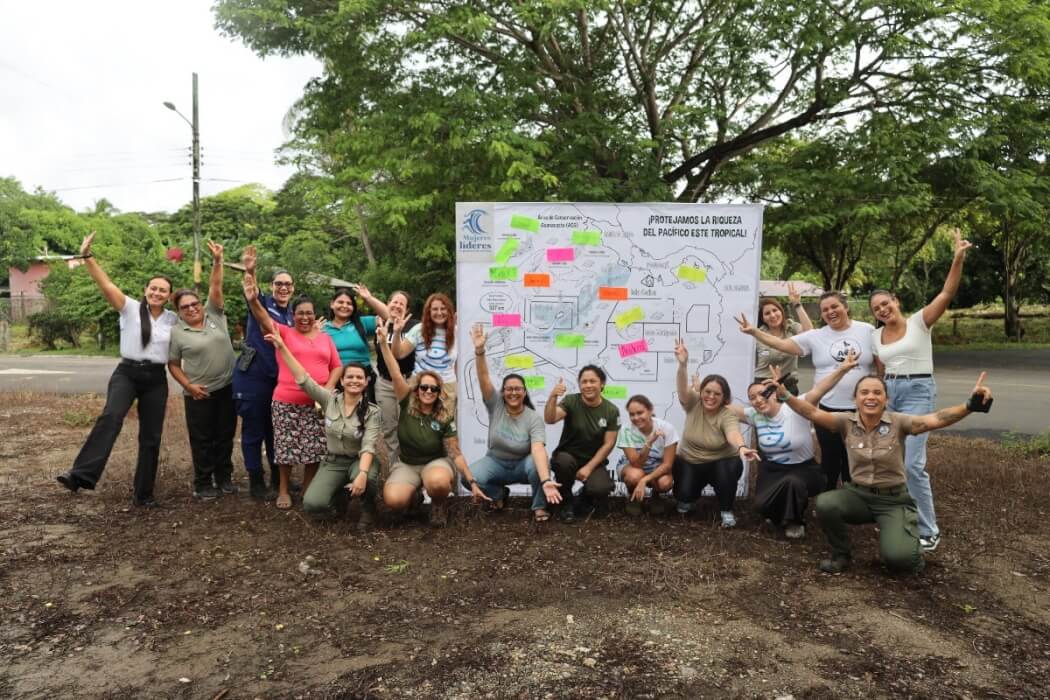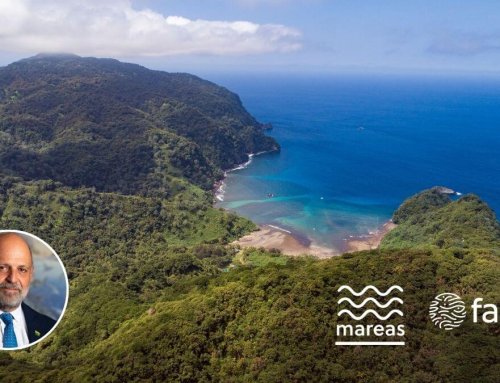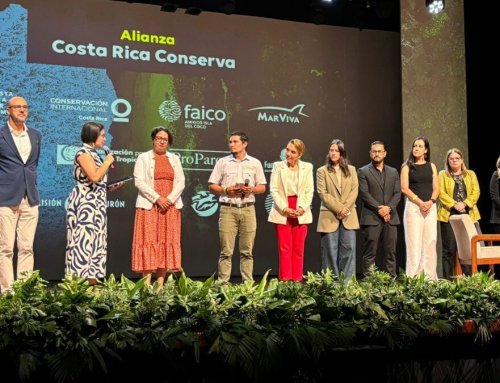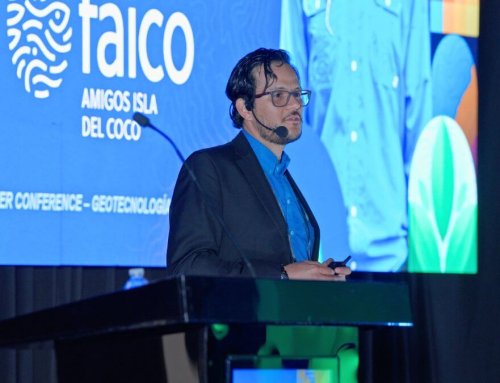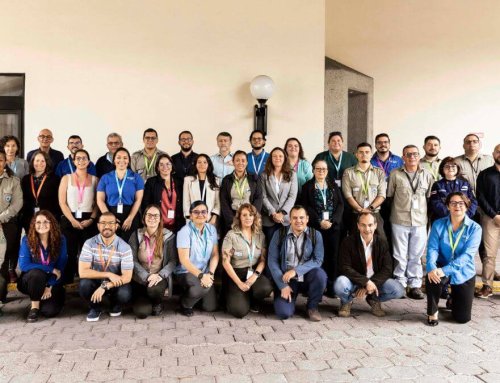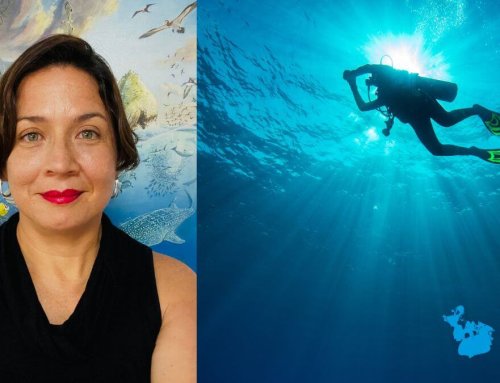-
Park rangers, scientists, and community leaders from Guanacaste gathered to advance women’s participation in the surveillance and conservation of marine-coastal ecosystems.
-
The workshop laid the groundwork for new alliances, action plans, and participatory strategies aimed at enhancing monitoring and inclusive management of Costa Rica’s marine protected areas.
Cuajiniquil, Costa Rica — July 7, 2025. In the Guanacaste Conservation Area (ACG), just a few kilometers from the Nicaraguan border, 18 women leaders committed to defending marine-coastal ecosystems came together for the national workshop “Women Leaders in Marine Protection: Challenges and Opportunities.” This initiative is part of a regional effort to strengthen the implementation of marine legislation in the Eastern Tropical Pacific, Mexico, and Peru, while also promoting inclusion and building the skills and capacities of women working in marine-coastal conservation.
Participants included park rangers, researchers, community leaders, and representatives from institutions such as Costa Rica’s National System of Conservation Areas (SINAC), the National Coast Guard Service, the Costa Rican Institute of Fisheries and Aquaculture (INCOPESCA), as well as community organizations and NGOs like Amigos Isla del Coco (FAICO), The Leatherback Trust, Equipo Tora Carey, Ciencia Ciudadana Marina de la Cruz (CCMar), Coopemujer Santa Elena, and Dry Forest Conservation Fund.
Throughout the event, experiences, tools, and best practices were shared to improve marine monitoring, control, and surveillance with an inclusive, gender-focused approach. Highlights included talks on threats to marine biodiversity in the Guanacaste Conservation Area; a presentation on the regional project led by WildAid with support from Global Affairs Canada; a panel of inspiring experiences from women conservation leaders; participatory workshops to identify gender gaps in marine management; and brainstorming sessions for community outreach initiatives.
“Gender equity is key to marine sustainability. To achieve this, we must start by making visible, naming, and recognizing the transformative role of women in protecting the ocean. Only through the full, equitable, and respectful participation of all people can we address the challenges facing marine-coastal ecosystems,” said Cristina Weidlich-Hidalgo, Project Coordinator at WildAid Costa Rica.
Evelyn Solano Brenes from the ecosystem services management and valuation unit at the Guanacaste Conservation Area, noted:
“For the Guanacaste Conservation Area, it is an honor to have hosted this important workshop that brings together women from various sectors with a common goal: marine conservation. Women—whether as community leaders, law enforcement officers, environmental educators, marine researchers, entrepreneurs, fish product processors and vendors, or marine ecosystem restorers—play a fundamental role in community well-being and sustainable development. It is essential to create these spaces for dialogue and experience-sharing among women to foster leadership, empowerment, and decision-making that benefits coastal communities and their biodiversity.”
The workshop also featured an audiovisual exhibit and a gallery of testimonies and experiences from the Regional Summit: Cumbre Regional: “Women Leaders in Marine Protection,” held in March in Cali, Colombia. Additionally, it set the stage for future inter-institutional partnerships in favor of marine conservation.
This gathering marks a significant step toward more effective, inclusive, and gender-focused monitoring, control, and surveillance of Costa Rica’s marine protected areas.
The workshop was supported by FAICO and the Cocos Marine Conservation Area (ACMC) and served as a prelude to the Third Ocean Festival, held in La Cruz, Guanacaste, from June 25 to 29. This third edition engaged approximately 1,118 people, strengthening community ties with the ocean, promoting responsible tourism, and underscoring a shared commitment to marine conservation and sustainable development.

